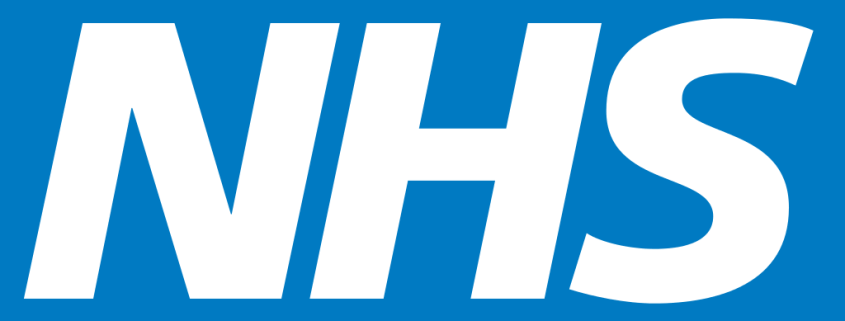Official NHS Whistleblowing Policy Introduced
The NHS Improvement organisation, which oversees the performance of NHS establishments across the UK, has published its highly anticipated final draft of an official whistleblowing policy report that the entire NHS must enforce prior to 31st March 2017.
It was agreed last November there should be one set of rules regarding whistleblowing for use across the entire NHS. This long overdue decision was the result of the Freedom to Speak report compiled last year by Robert Francis QC, who concluded there need to be disclosure rules in place due to the high number of whistleblowing cases occurring within the NHS. Now after months of feedback from industry personnel, the final report is ready.
In order to protect the interests of both its staff and patients, this new policy has to be followed throughout the NHS without exception. Complaints under particular scrutiny are those that involve poor working facilities and environments that create harmful conditions for patient care.
The report recognises that the vast scope of NHS affiliated organisations across Britain means there will need to be different methods of implementing these rules, therefore there is room for some minor alterations separate to the written law, from which individual establishments can deviate somewhat while still following the core requirements of the national rule.
The report also highlights which NHS staff members should be contacted if an employee does decide to make a disclosure. In such a case, an organisation’s ‘whistleblowing guardian’, a new employment position required by law, must be consulted prior to any third party official being contacted. This is necessary to ensure correct protocol is observed while the best interests of the whistleblower are catered for.
The report’s intention is not to prevent outside interference and potentially damaging information from becoming public knowledge, but to instead benefit whistleblowers by ensuring a non-threatening atmosphere exists in which they can feel relaxed and confident.
Danny Mortimer, the Chief executive of NHS Employers, has explained the organisation’s position:
“Employers are committed to ensuring that every member of staff feel able to raise any concerns and know that appropriate action will be taken. We are also pleased to see that employers can incorporate their local processes into this national standard policy – employers will now want to review the documentation in partnership with their local staff representatives and agree the best way to engage and communicate with staff”.
Once an investigation begins, the first step involved is for the matter to be judged by the line manager of the organisation involved. Should this complaint be dismissed, the employee can then take action via an unbiased third party source; namely an independent professional with the necessary legal expertise to deal with the matter. However, the line manager of the organisation will try their hardest to ensure such a step is not taken as whistleblowing will henceforth be treated with the highest concern across the NHS.



